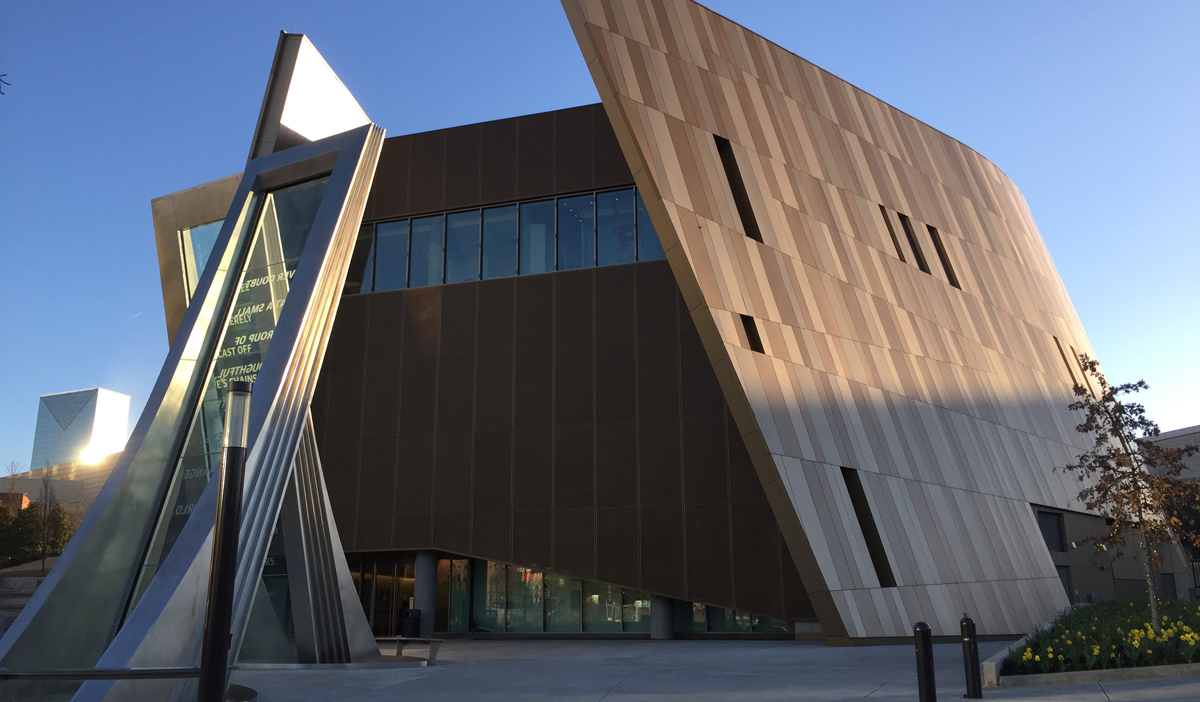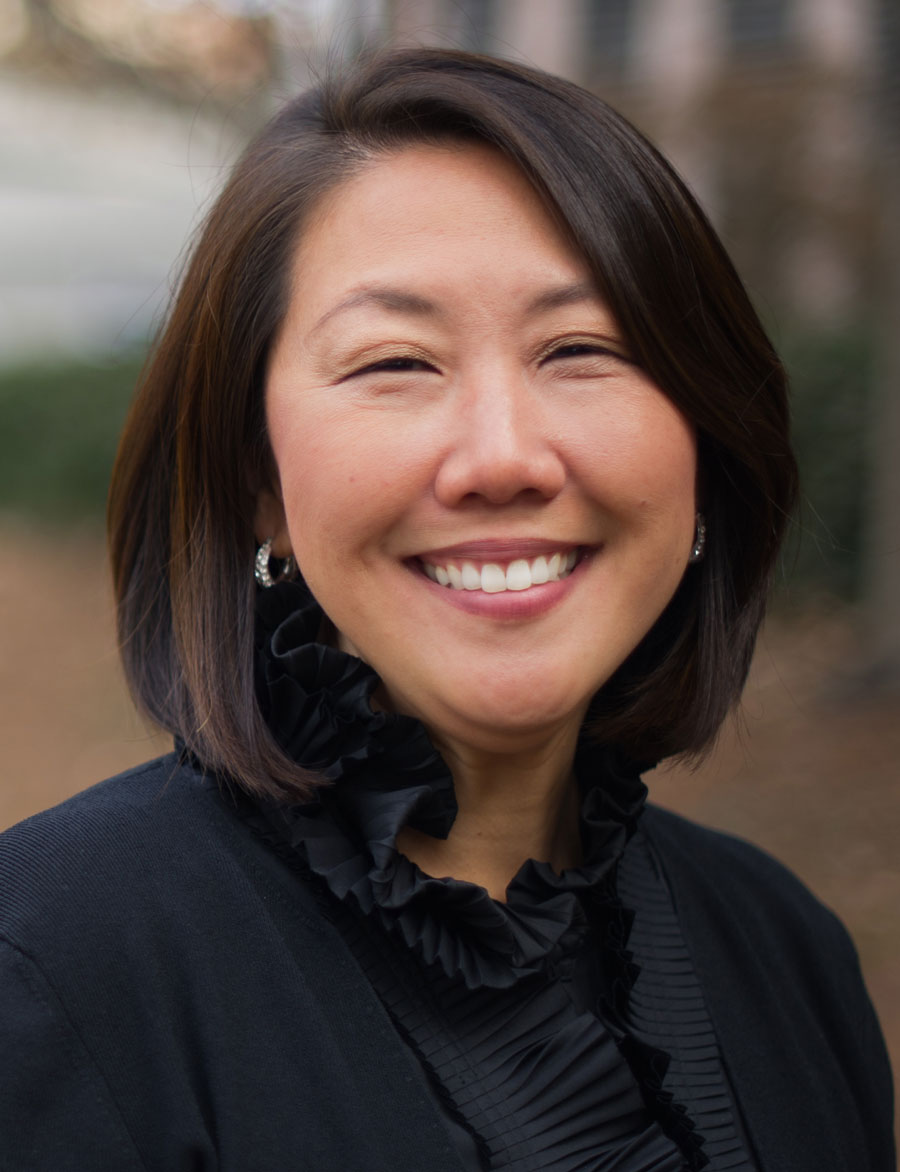
Photograph by Thomas Wheatley
My parents grew up in their homeland of Korea during the Japanese occupation. I’ve only ever know them as Yong Hyok Kim and Seok Ja Kim, but they were forced to adopt the names Suzuki Kiyoshe and Oizume Kimiko during that time. They were required to attend Japanese schools, pray to Japanese gods, and speak only Japanese. Each school day began with bowing, chants of Japanese supremacy, and declarations that they themselves were Japanese.
When I was growing up, they told me stories of young girls, desperate to earn money for their impoverished families, unknowingly conscripted into sex slavery. My parents spoke of girls abducted off the streets and taken to Japan and China. In some cases, girls as young as 11 were hurriedly married off to avoid this fate. The poorest families were always the most vulnerable. Victims weren’t just from Korea, but from countries throughout Asia and elsewhere during World War II. The number of “comfort women,” as they’re euphemistically called, is estimated at 200,000.
Still, my family never spoke with animosity towards the Japanese. Puzzled, I asked my Mom about this recently. She admitted that, even now, she doesn’t feel any hatred. Yes, she may root against their national teams, but she harbors no ill will against any individuals. She recalls some of her Japanese school teachers with fondness. The truth is, she told me, she was literally too busy to hate. There was the Korean War, its aftermath, the building of a life here in America. We laugh a little when I tell her that “too busy to hate” is an Atlanta slogan, too.

Photograph courtesy of Soon Mee Kim
When I was first asked to join the Atlanta Comfort Women Memorial Task Force by Helen Kim Ho, the special advisor to the organization, I was certainly sympathetic to the issue of comfort women. I was aware of how little most Americans knew about one of the most widespread practices of human trafficking and sexual slavery in the 20th century. Who wouldn’t want to acknowledge the well-documented atrocities that occurred to comfort women? A no-brainer, I thought. The Task Force had already been in discussions with the National Center for Civil and Human Rights since September 2016, and it had agreed to permanently house the statue that would commemorate the victims. The Center had even signed a memorandum of understanding in early February, indicating their enthusiastic support for our project.
Last week, we learned that the Center would renege on its commitment—a decision that followed intense pressure from the Japanese government. Although the Center said the grounds of the museum didn’t allow for outside sculptures, that seemed little more than an excuse to appease those opposed to the memorial. By default, Atlanta now becomes the first major U.S. city to bow to Japanese government pressure to prevent the memorializing of one of the largest known cases of human trafficking and sexual slavery in the modern era.
The intent of the Atlanta Comfort Women Memorial has always been to shine a light on the atrocities suffered by the 200,000 girls and women who were trafficked and sexually enslaved during World War II. International human-rights tribunals, UN groups, and rapporteurs have all affirmed the history of these victims and the violation of their fundamental human rights. We remember not to apportion blame, but to acknowledge our history so that we are not doomed to repeat it.
I love the National Center for Civil and Human Rights. I’ve always been incredibly moved by its exhibits—the lunch counter protest simulation, the Freedom Riders bus, the Martin Luther King Jr. tribute. But I also appreciate how the Center focuses on current-day human rights abuses, encouraging us to not be silent when confronted by them, which is what makes the Center’s decision especially heartbreaking.
Out of all of these exhibits, the one that moves me most is the martyrs’ room, where the faces of Addie Mae Collins, Cynthia Wesley, Carole Robertson, and Caroline Denise McNair are etched in stained glass. Here, the memory of these four innocent girls, ages 11 to 14, who were killed in the Birmingham church bombing in 1963, live on. Martin Luther King Jr. described the bombing as “one of the most vicious and tragic crimes ever perpetrated against humanity.”
When we see atrocities in our midst, whether they are victims of hate crimes, the Holocaust, or the Japanese Imperial Army during World War II, we must acknowledge them. Their stories must be told. In the case of the comfort women, we undermine efforts to end war crimes involving sexual violence if we do not speak out.
The Comfort Women Memorial is not merely a Korean versus Japanese issue. It’s a human issue. I sincerely hope the Center honors not only its original commitment to the Task Force, but its own mission: “To empower people to take the protection of every human’s rights personally. Through sharing stories of courage and struggle around the world, The Center encourages visitors to gain a deeper understanding of the role they play in helping to protect the rights of all people.”
Soon Mee Kim is a member of the Atlanta Comfort Women Memorial Task Force.










![The North Carolina Museum of Natural Sciences’ newest exhibit is a [pre]historic first](https://cdn2.atlantamagazine.com/wp-content/uploads/sites/4/2024/04/DD-3-100x70.jpg)


